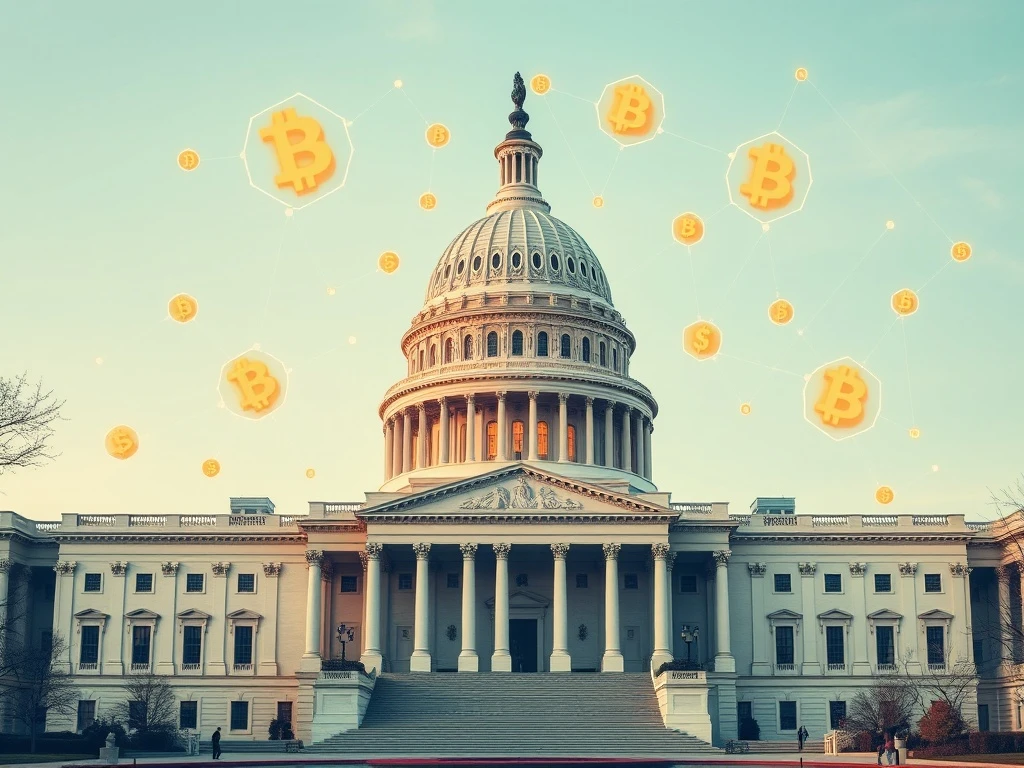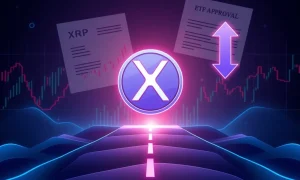In a monumental development for digital asset enthusiasts, the US Senate has initiated a transformative crypto regulatory shift that could redefine how blockchain projects operate nationwide. This legislative breakthrough addresses long-standing industry concerns while positioning America for global competitiveness.
Understanding the Senate’s Crypto Regulatory Shift
The Senate Banking Committee’s proposed legislation represents a significant crypto regulatory shift by creating clear exemptions for routine digital asset activities. Consequently, this move addresses years of regulatory uncertainty that have hampered innovation. The bill specifically targets staking, airdrops, and DePIN projects for protection from securities classification.
Key Provisions Driving the Regulatory Transformation
Section 101 establishes that normal crypto activities will not constitute securities offerings unless fraud occurs. Meanwhile, Section 504 provides explicit exemptions for decentralized physical infrastructure networks. Additionally, Sections 501-506 safeguard decentralization principles and developer protections.
SEC-CFTC Coordination Framework
The legislation mandates formal collaboration between regulatory agencies through Sections 701-702. This coordination aims to resolve jurisdictional conflicts that have previously created compliance challenges. Furthermore, it establishes a cohesive framework for digital asset oversight.
Impact on US Crypto Competitiveness
This crypto regulatory shift aligns with global trends toward clearer digital asset frameworks. Analysts predict increased institutional participation and innovation acceleration. The bill also maintains fraud enforcement capabilities while reducing barriers for legitimate projects.
Frequently Asked Questions
What activities does the bill exempt from securities regulation?
The legislation exempts staking, airdrops, pre-legal tokens, and DePIN projects from securities classification unless fraudulent activity occurs.
How does this affect decentralized infrastructure networks?
DePIN projects receive explicit protection under Section 504, removing regulatory ambiguity for infrastructure initiatives using blockchain incentives.
What regulatory coordination does the bill establish?
Sections 701-702 create a formal framework for SEC-CFTC collaboration to resolve jurisdictional conflicts and create consistent standards.
When might this legislation take effect?
The bill remains in draft form and must undergo committee review, amendments, and full Congressional approval before becoming law.
How does this align with international regulatory trends?
The legislation follows similar moves by other nations establishing clear digital asset frameworks, ensuring US competitiveness remains strong.
What protections exist against fraudulent activities?
The bill maintains full regulatory authority over fraudulent schemes while exempting legitimate crypto activities from securities oversight.








